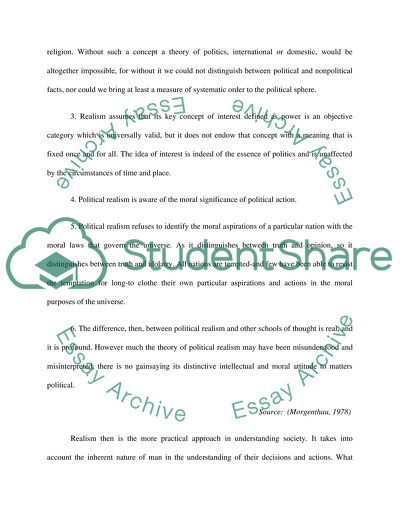Cite this document
(“Realism and Constructivism Essay Example | Topics and Well Written Essays - 2000 words”, n.d.)
Realism and Constructivism Essay Example | Topics and Well Written Essays - 2000 words. Retrieved from https://studentshare.org/politics/1504309-realism-and-constructivism
Realism and Constructivism Essay Example | Topics and Well Written Essays - 2000 words. Retrieved from https://studentshare.org/politics/1504309-realism-and-constructivism
(Realism and Constructivism Essay Example | Topics and Well Written Essays - 2000 Words)
Realism and Constructivism Essay Example | Topics and Well Written Essays - 2000 Words. https://studentshare.org/politics/1504309-realism-and-constructivism.
Realism and Constructivism Essay Example | Topics and Well Written Essays - 2000 Words. https://studentshare.org/politics/1504309-realism-and-constructivism.
“Realism and Constructivism Essay Example | Topics and Well Written Essays - 2000 Words”, n.d. https://studentshare.org/politics/1504309-realism-and-constructivism.


